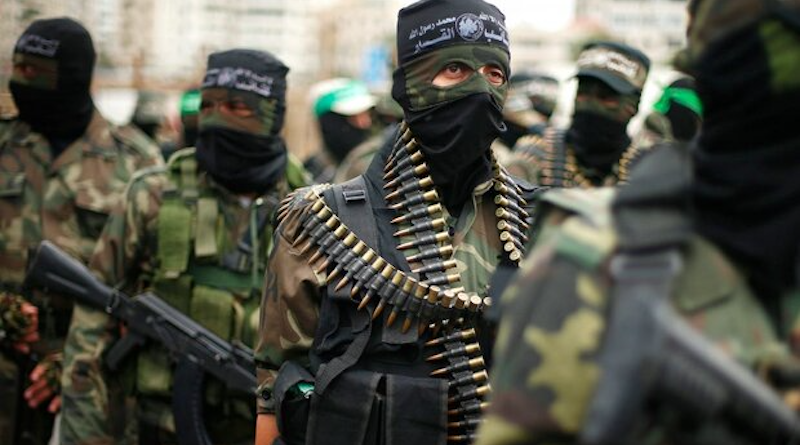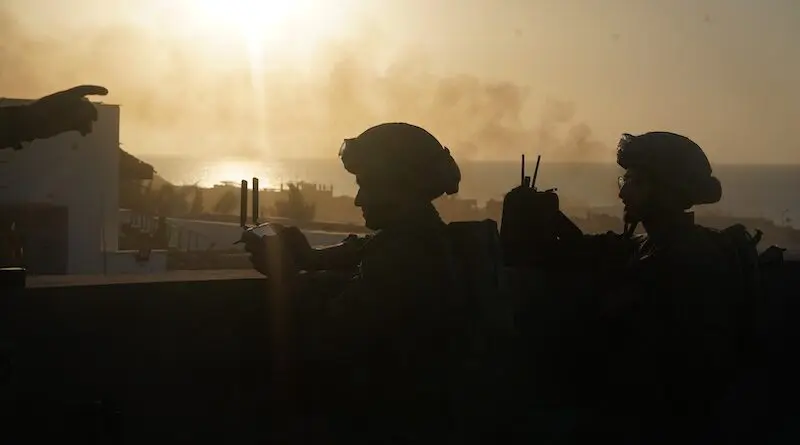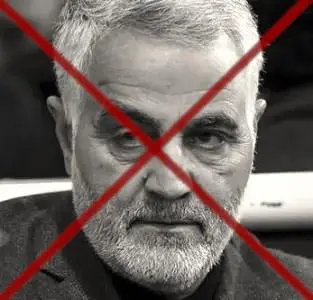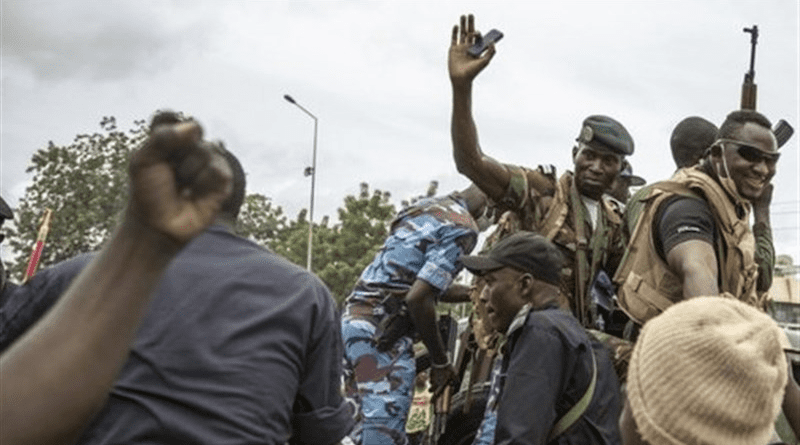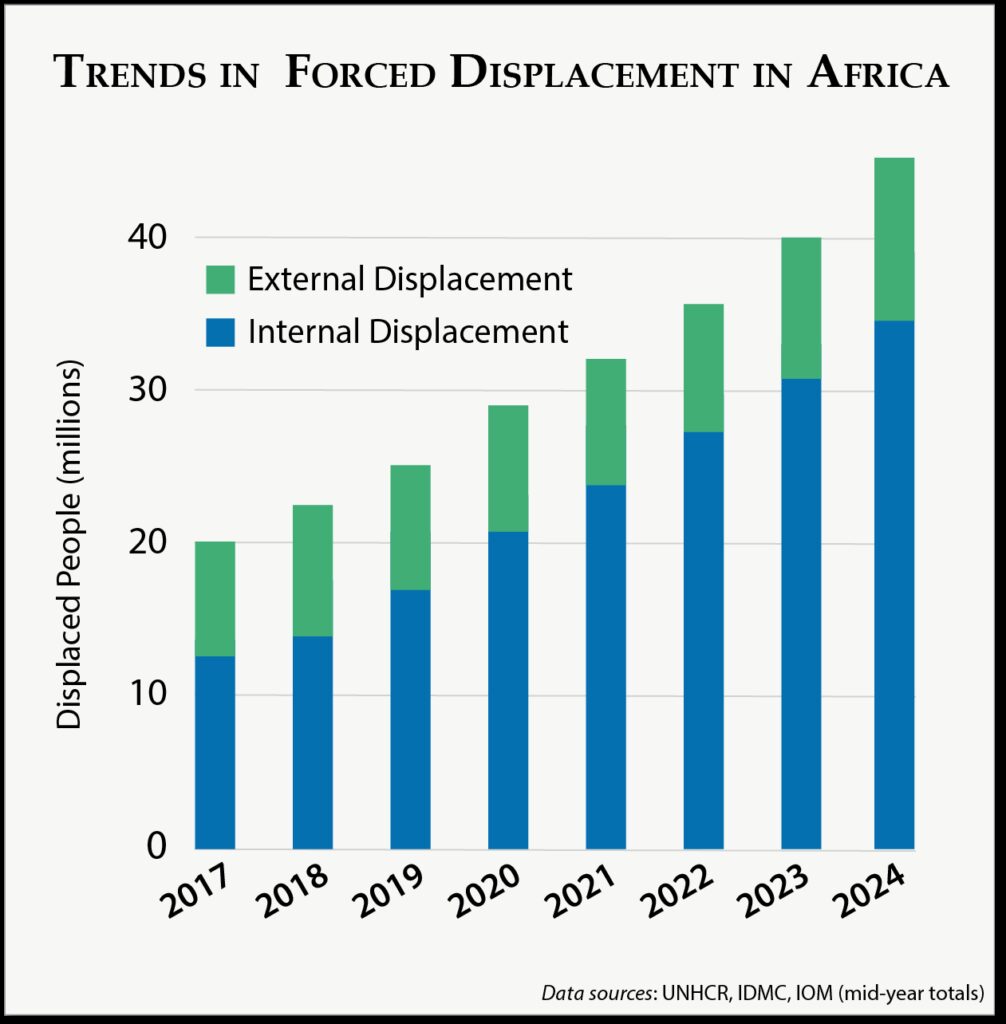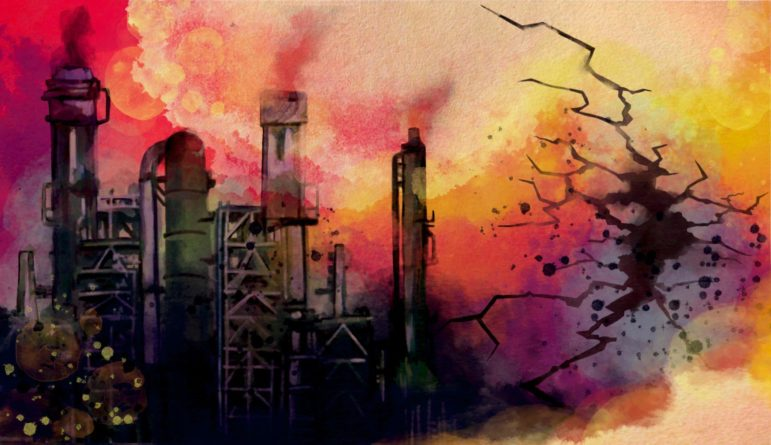Four Iraqi soldiers killed in Islamic State group ambush
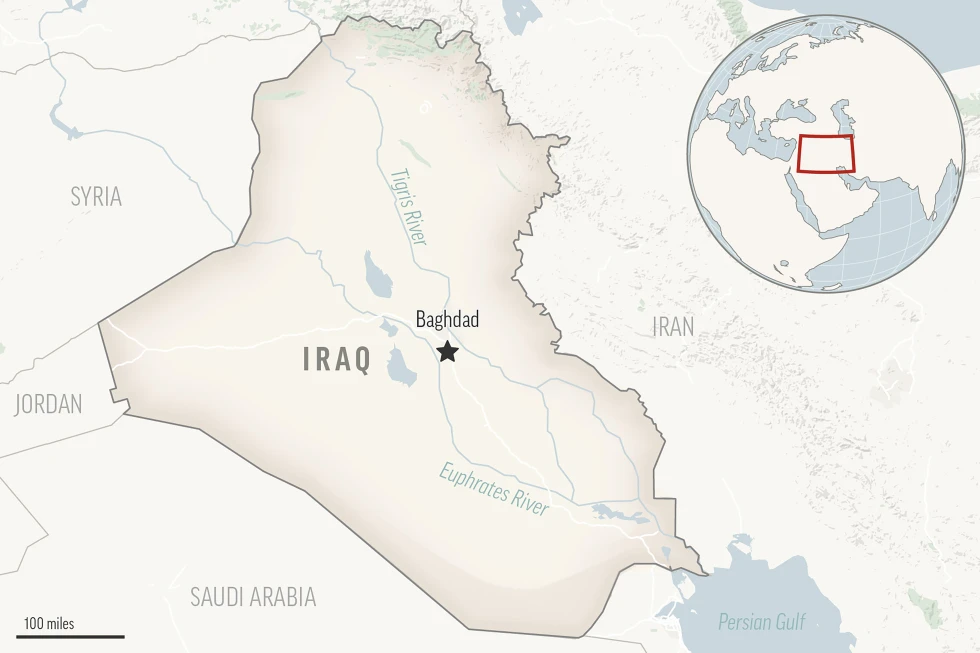
Four Iraqi troops were killed Wednesday and several wounded in an ambush by the extremist Islamic State group, Iraq’s Interior Ministry said.
The attack came days after the U.S. military announced that troops from its coalition against IS in Iraq and Syria will withdraw from Iraqi territory next year but maintain a presence in Syria until 2026.


